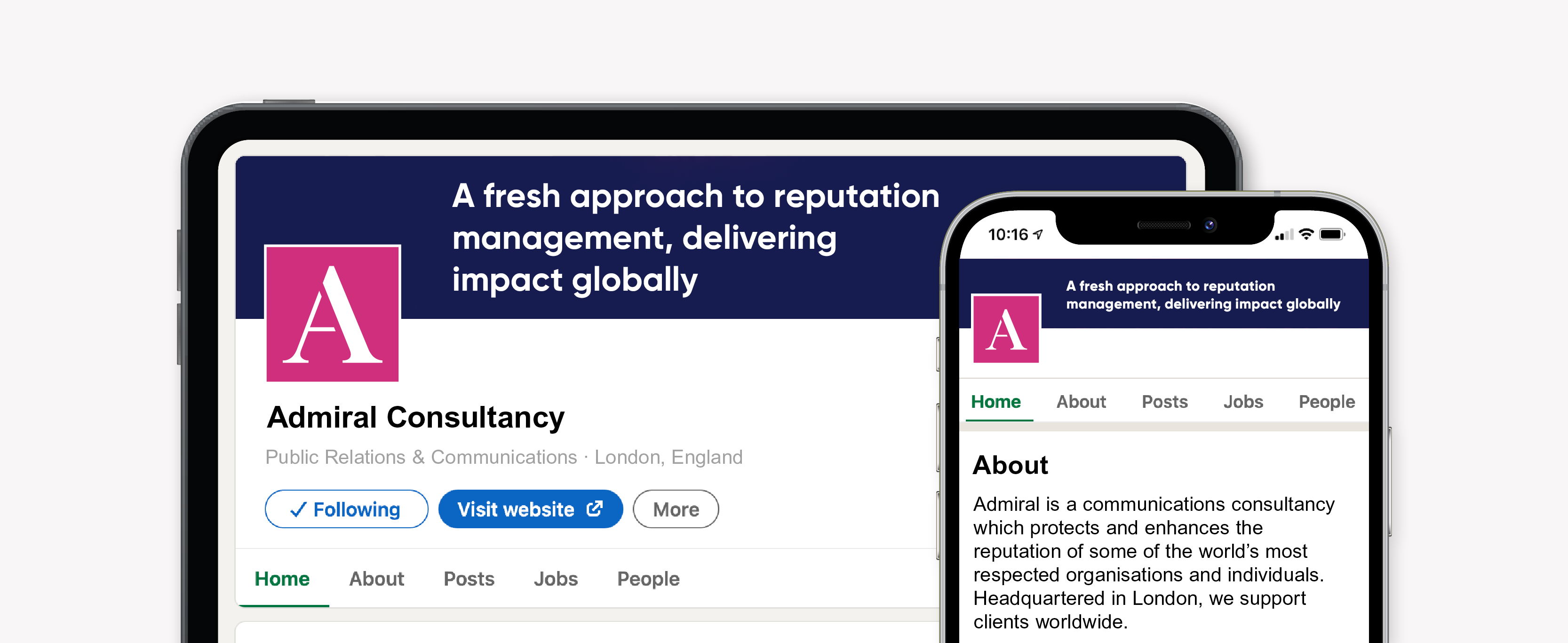
Although demand for Executive Education has steadily grown, not all are capitalising fully on this opportunity. In fact, if you ask Deans of the UK’s Business Schools for a list of their key challenges in 2014, near the top will be how to build and package a strong Executive Education offering. This is because, in many cases, there is a dissimilitude between what the Business Schools believe they are able to offer and what the market actually wants.
In theory, it is a beneficial scenario for both parties. On one hand, Executive Education enables institutions with the academic resource to deliver a rigorously challenging syllabus for business executives who wish to enhance their personal and professional development. On the other hand it provides University Business Schools with a lucrative market for their expertise and their academics with an opportunity to network with senior business executives.
Yet, in many cases institutions fail to use an ‘account management’ approach to engage with senior level executives to understand what their real challenges are in business and develop courses accordingly; there is also a lack of ‘packaging’ of the product into an offering that resonates with the market and a generally poor promotion of the offering itself.
So, how can we build and sell a more effective Executive Education offering? Currently, there is a tendency to use the academic resource available but often it is difficult to find individuals who, if they are capable and confident enough to have discussions with the business community, are able to take the time away from their teaching and research to support the effort or have the desire to do so.
In my experience, it takes a particular type of approach and a particular type of person to sell Executive Education and mostly, although not always, you need to go to the commercial market to find these people; they tend not to reside in academic institutions. Successful institutions employ experienced senior business development managers who take a customer relationship management approach to corporate engagement and bring back critical intel that helps to define the Executive Education offering, making it truly market-led.
In developing the offering, engaging academics in Executive Education is probably an even greater challenge. With academic promotion almost entirely based on the level and quality of individual research output, evidenced by the number and quality of papers published, the incentive does not obviously exist for more academics to get involved. A market-led approach will, however, provide an added dimension to research projects which can be more relevant and responsive to actual business challenges.
If the benefits of participation are communicated to academics, in particular the connection between Executive Education and research, engagement will be increased. Uptake may also accelerate once evidence accumulates about the beneficial relationships that can be made with specific corporate contacts, leading to deeper conversations or the unlocking of data within a company that contribute to research projects.
A market-led Executive Education offering is not about pushing academic square pegs through round holes. It is about developing open and customised programmes for organisations and business professionals that deliver real impact on personal and professional growth. It is about directing the expertise of academics in ways that meet these needs in a truly relevant way, while also providing them with relationship and research opportunities that enhance their own reputations. All in all, it is a win /win situation; and while the demand for Executive Education remains, the competitive advantage will be with those that balance these mutually beneficial interests.
Tips for shaping and selling Executive Education
- Shape the offering around what the market needs, not just what you can offer
- Map all academics expertise in one place and start identifying those that wish to get involved
- Build your core of academic Executive Education champions
- Take an account management business development approach to selling Executive Education (you may need to recruit experienced business development managers for this)
- Link your MBA programme to your Executive Education offering e.g. Consider offering short elective courses around topics identified as relevant to the market as part of the MBA programme. Then sell them to organisations as part of the Executive Education offering
- Consider licensing the elective short courses so that participants can collect points that count towards an MBA
- Test the offering before selling it more widely – consider offering it to select Alumni as a free pilot in return for their feedback on the courses
- Promote the offering heavily via PR and direct communications
This blog has also appeared in University Business
